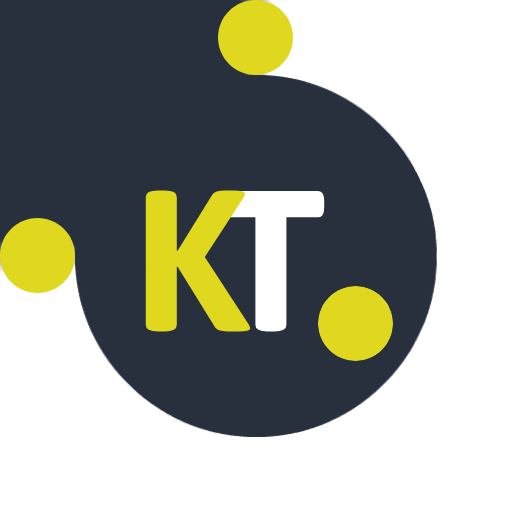
The second part of Unlocking Advanced SEO Techniques takes you beyond basics and into how search engines and social networks see your content. It’s all about giving them context—and keeping your SEO in top shape.
What is Structured Data & Schema Markup?
Structured data is a way to label your content with clear, standardized vocabulary (via schema.org) so that search engines can understand not just what your content says, but what kind of content it is. Is it a blog post, product, recipe, review, or an event? Structured data lets you tell search engines exactly that.
Why does this matter? Because it unlocks rich snippets, knowledge panels and other enhanced search result features. These make your site listings more attractive in search results—which can mean higher clicks and visibility.
How to Implement Schema on WordPress
You don’t need to hand-code schema.json or schema.org markup in every page. Plugins handle most of the work:
- With Yoast or Rank Math, you can set default schema types for posts, pages, and custom content.
- You can override defaults on specific posts/pages (e.g. marking a page as “About,” or an article as blog post vs news).
- If you run an online store (e.g. WooCommerce), use the plugin’s schema integrations so product pages get schema like price, availability, reviews.
- After implementation, check the schema markup with tools like Google’s Rich Results test to make sure it’s valid and being picked up.
Open Graph, Social Meta Tags & Social Sharing
When someone shares your post, how it appears (title, image, preview text) can affect whether others click. That’s where Open Graph and social meta tags come in:
- Set social sharing metadata (Open Graph, Twitter/X cards) for default behavior site-wide, but also customize per post/page.
- Plugins like Rank Math give you previews of how a post will look on Facebook, X etc., letting you edit titles, descriptions, images specific to those platforms.
- Use high-quality images; ensure the description is compelling and relevant.
SEO Audits & Ongoing Monitoring
Even with structured data and perfect social previews in place, your SEO can degrade over time. Regular audits help you catch and fix issues. Key aspects to audit include:
- Technical issues: Broken links, 404s, redirect chains, duplicate content.
- Performance: Page speed, mobile usability, how fast pages load / first input / layout shifts.
- Schema & metadata validation: Are the rich results working? Are social previews rendering correctly?
- Search analytics: What keywords are you ranking for? What’s the click-through from search console? Where are pages dropping?
- Algorithm changes: Search engines change how they treat ranking signals. Stay informed via SEO blogs, forums, official updates.
Final Thoughts
Pulling it all together: Part 2 teaches that advanced SEO isn’t just about structure of your pages—it’s also about how your content is interpreted (by search engines, by social platforms) and constantly cared for. Schema + social metadata help amplify what you’ve already built, and audits help you catch problems before they harm your visibility.
If you combine this knowledge with what you learned in Part 1—on sitemap, canonical URLs, meta tags etc.—you have a strong, well-rounded foundation.


